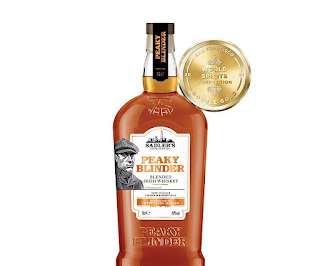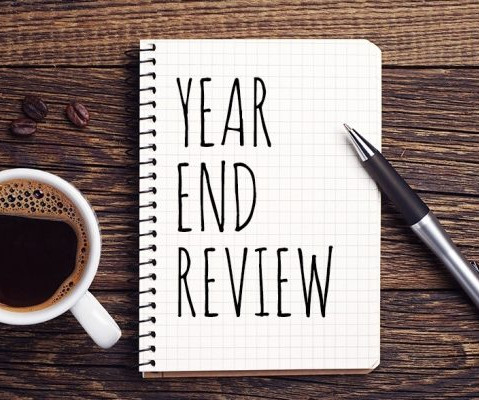Artistic Expression or Crass Commercialism? Drawing the lines in Right of Publicity, Lanham Act, and Commercial Speech Cases
43(B)log
NOVEMBER 8, 2023
Malwarebytes, which allowed a false advertising claim to proceed based on one software provider’s use of the terms “malicious” and “threat” to describe its alleged competitor’s software, despite a dissent raising free speech arguments. Then I’ll talk about the 9 th Circuit case Enigma Software v.















Let's personalize your content